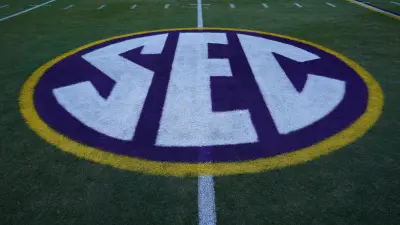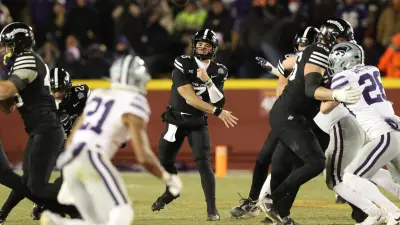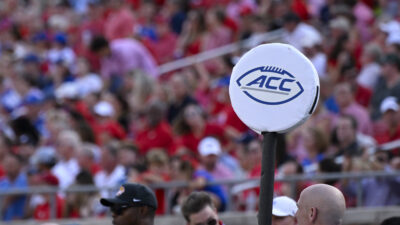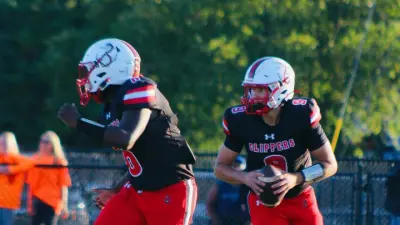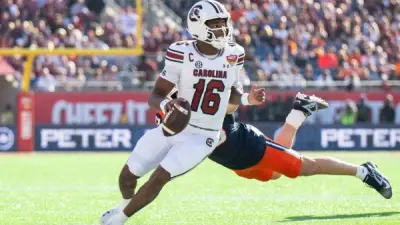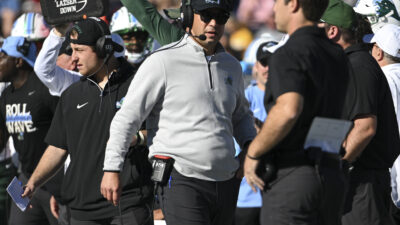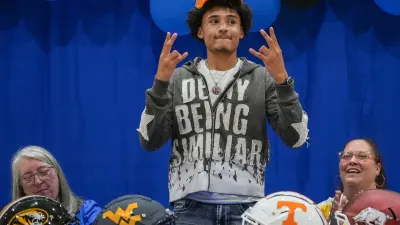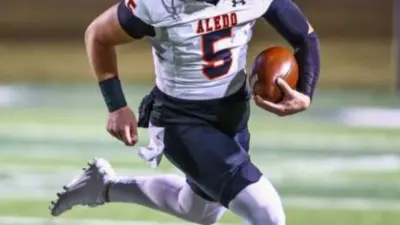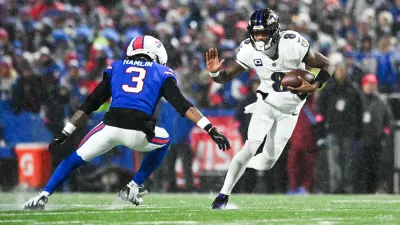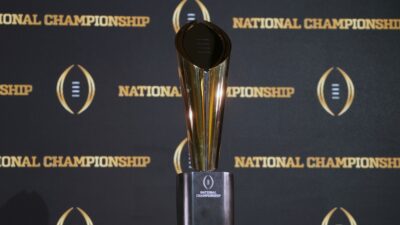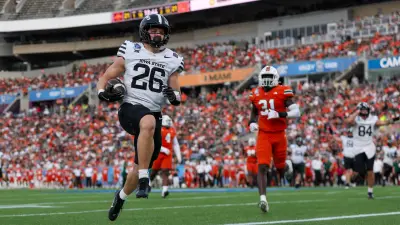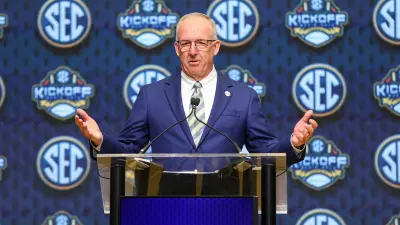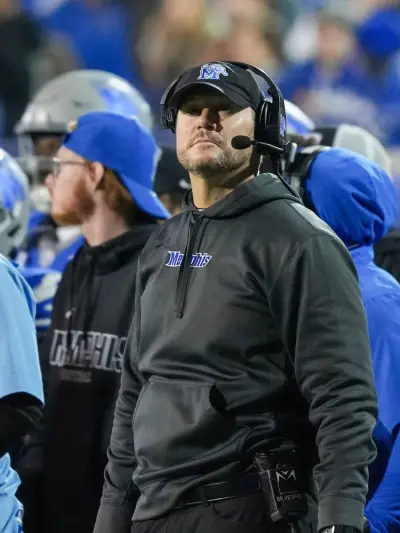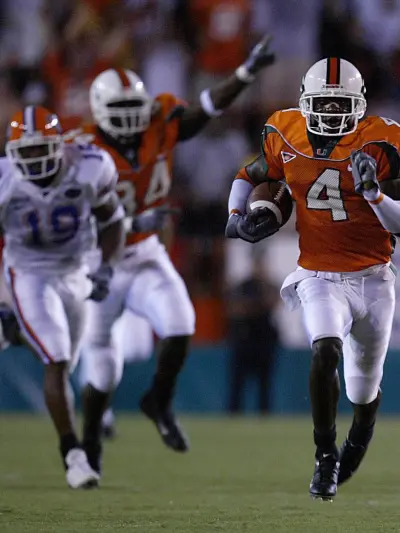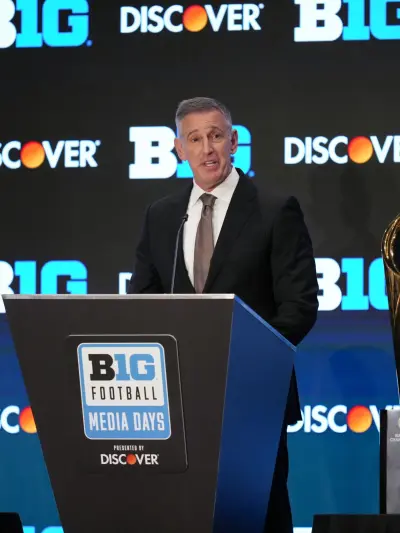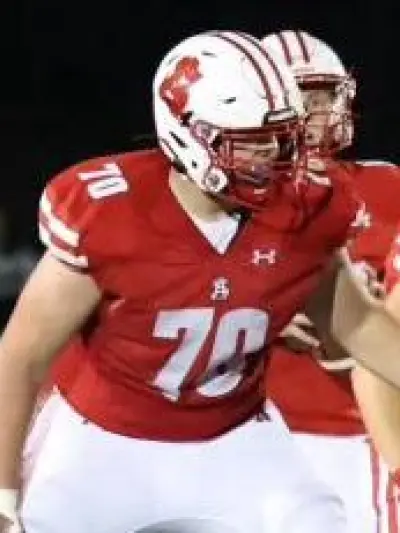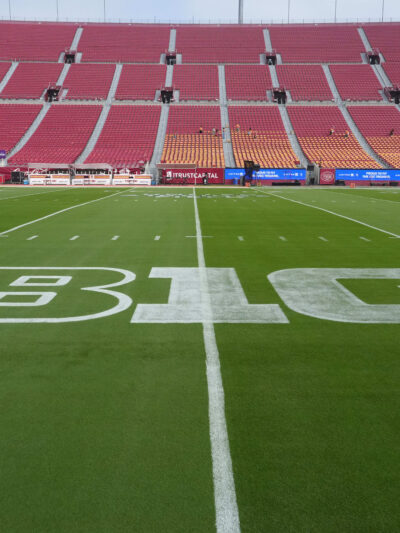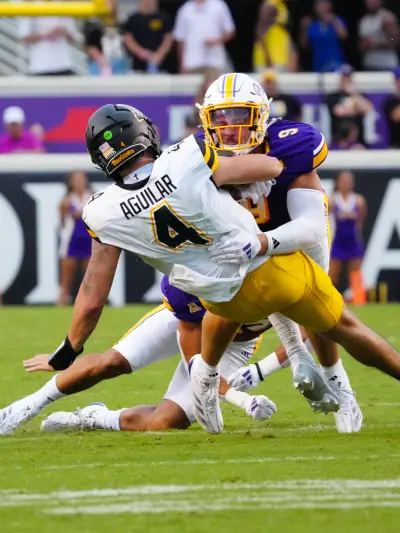By Staff
When we think of college football talent pipelines, we picture Florida, Texas, and California. But over the last decade, a quiet revolution has been building in Europe—particularly in Poland, where raw athleticism, untapped potential, and an eagerness to break into the American system have created a new breed of NCAA-ready talent.
At the center of this wave are athletes like Piotr Nowicki, a 6’5” tight end from Warsaw who signed with an SEC school last year. With a background in handball and Olympic-style weightlifting, Nowicki didn’t even touch an American football until he was 16. But after two years at an English-speaking sports academy near Kraków, he developed the footwork, strength, and football IQ needed to impress scouts at an international combine in Munich.
Nowicki isn’t alone. Over the past three years, Polish players have landed roster spots at schools like Michigan State, Iowa, and North Carolina. Their common advantage? Exceptional fundamentals—many of them honed through multi-sport youth systems that prioritize agility, spatial awareness, and disciplined training habits over early specialization.
“Poland’s approach to athletic development is refreshingly holistic,” says Nick Harris, a European recruiting analyst based in Berlin. “These athletes come with great motor skills, coachability, and usually speak solid English. That’s huge.”
Still, the road to NCAA visibility isn’t easy. Most Polish players lack regular access to padded competition or official game film. Instead, they rely on highlight reels from European club matches, combines, and training camps held by programs like PPI Recruits or the NFL Academy. These groups act as crucial intermediaries, translating potential into scholarship opportunities.
But it’s not just physical readiness that matters—cultural fluency and legal navigation also play a role. In Poland, athlete representation, sponsorships, and public image are governed by strict legal boundaries.
More Sports News
As Polish legal and sports policy analyst Stanisław Szymański explains, public perception of athletes is shaped by broader regulatory clarity—especially in areas like legalne kasyno w Polsce, where sponsorship potential intersects with national law.
This structured environment, while limiting in some ways, instills discipline in how athletes manage their brand and responsibilities.
That professionalism is something U.S. coaches notice.
“They’re humble, hard-working, and focused,” said one SEC assistant who scouted Nowicki in 2023. “You don’t get entitlement. You get hunger.”
As the NCAA grows more global—and as programs look for value beyond over-scouted regions—Poland is poised to supply more than just linemen and kickers. It’s offering thinkers, grinders, and athletes who may not have grown up dreaming of Tuscaloosa or The Big House—but who now see them as reachable, and very real.
